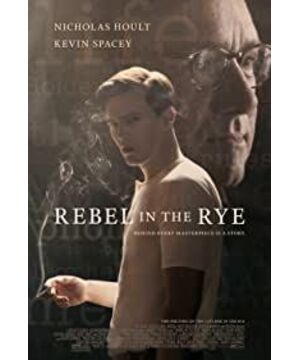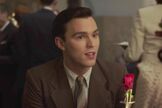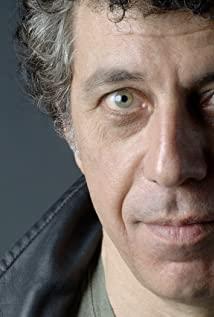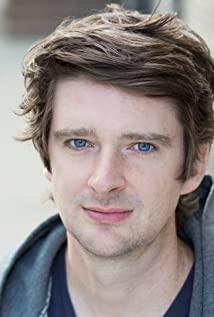The third time I read the biography, the first time was a speech by the king, the second time was about Churchill, and this time was a writer. The tone of the first two films is very high, showing political figures, and the pattern is very high. The rebel in the wheat field is very real. In fact, when I finally saw him indifferent to the teacher, I really felt that he was very selfish and didn't know how to be grateful.
However, people should not be perfect, and as they experience different things, being able to survive, be true to one's own ideas, and realize self-worth is also a way of life.
In addition, there is a small detail. A person who claimed to be a student visited him. He didn't want to be interviewed at first, but because it was a school magazine, he accepted it. In the end, he was published in the local weekly magazine. He was very angry and tore up the newspaper. It could be seen that at that time, he had hope and expectation for the young people, hoping that they were pure and kind, and he was just going through so many experiences and was forced to become strange. And that student deceived him, made him angry, and made him feel that this world, even the kind-hearted and innocent youth in his heart, has become hypocritical and lies. It also caused a certain amount of psychological harm to him and made him put a wall on the manor. Isn't it that he also put a wall in his heart to isolate the outside world.
Judging from his growth experience, in addition to the encouragement and help from his mother and teacher, he suffered a lot of injuries, and the trauma after the war was not effectively treated. In the end, it is excuseable to live in seclusion. No one has the right to ask for one. A person is so perfect, talented and loving, he just be himself.
View more about Rebel in the Rye reviews











